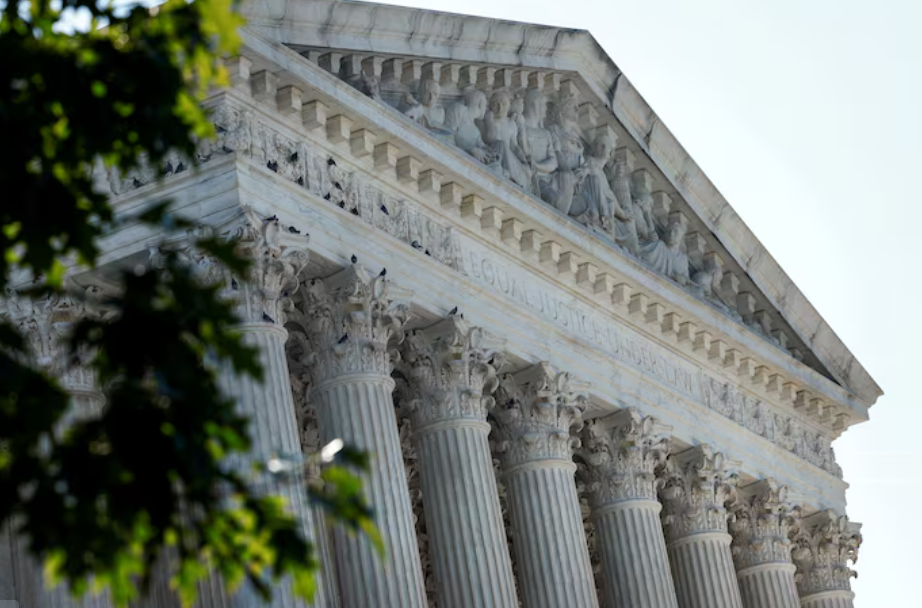Justices Elena Kagan and Ketanji Brown Jackson. “The majority today holds that due process never requires the minimal check of a retention hearing before a police officer deprives an innocent owner of her car for months or years,” Sotomayor wrote.
Plaintiff Lena Sutton’s vehicle was seized while it was being driven by a friend who borrowed it and was arrested for methamphetamine possession.
Sutton’s case was consolidated with that of a second plaintiff, Halima Culley, whose car was seized when her college-aged son was arrested for marijuana possession while driving it.
Despite their pleas to law enforcement to return their property, Sutton had to wait 14 months and Culley 20 months before courts determined that their cars should be returned.
The plaintiffs filed federal lawsuits arguing that the state government’s failure to provide a prompt court hearing to let them try to reclaim their property violated the 14th Amendment’s promise that government not “deprive any person of life, liberty or property without due process of law.”
Federal judges ruled against the plaintiffs in their lawsuits. The Atlanta-based 11th U.S. Circuit Court of Appeals affirmed those decisions. President Joe Biden’s administration sided with Alabama in the case.
Kirby Thomas West, an attorney at the libertarian public interest law firm Institute for Justice, called Thursday’s ruling “a big loss for private property rights” that would cause civil forfeiture cases to “languish for months or years before they are resolved.”
“Meanwhile owners of seized vehicles will scramble to find a way to get to work, take their kids to school, run errands and complete other essential life tasks,” West said.

